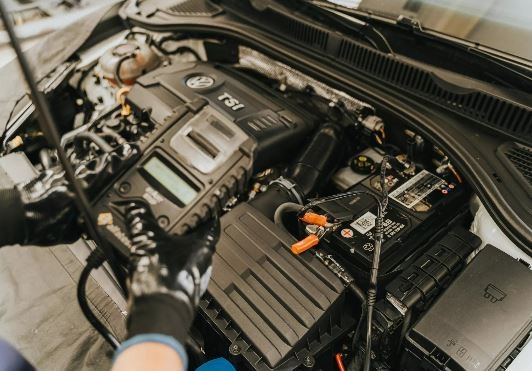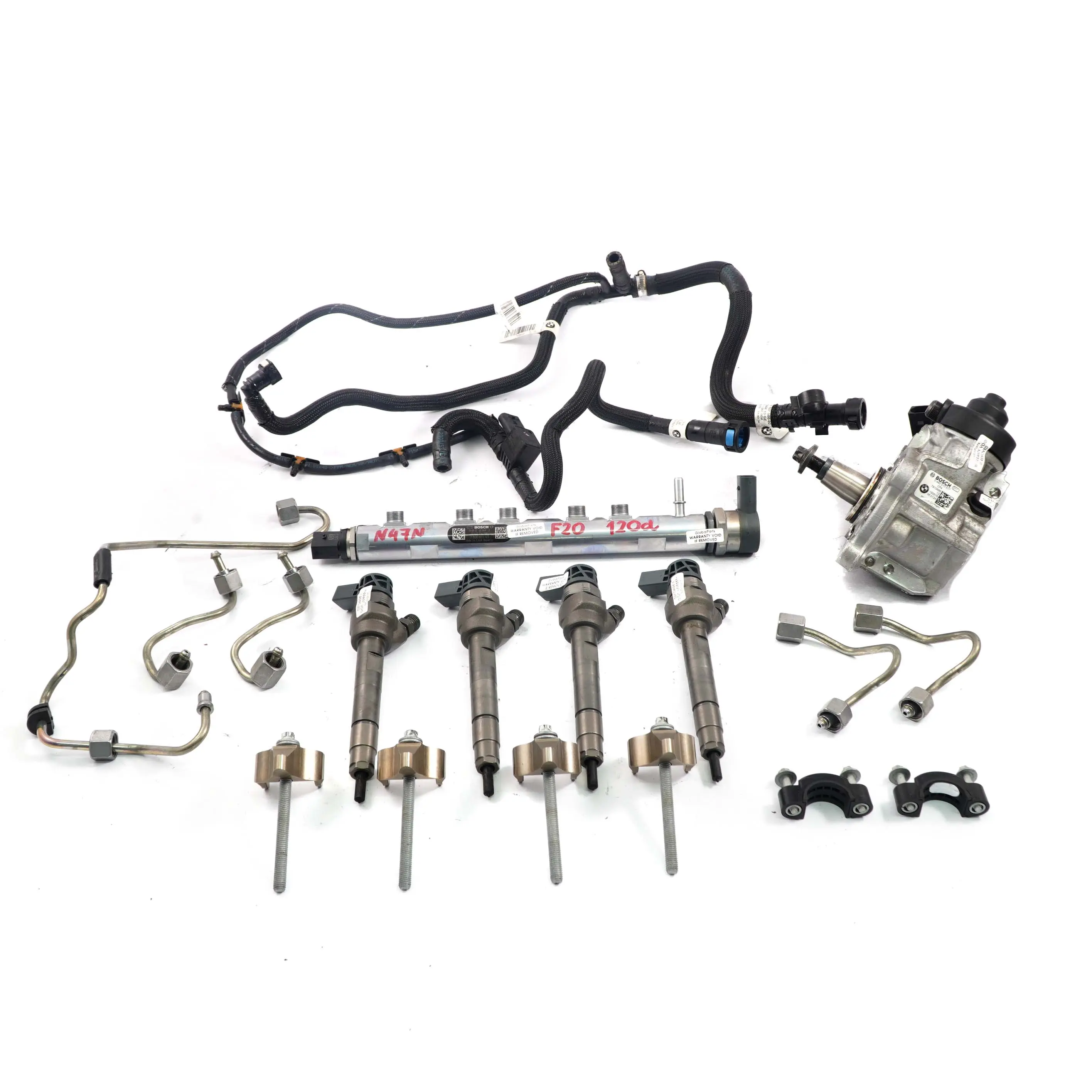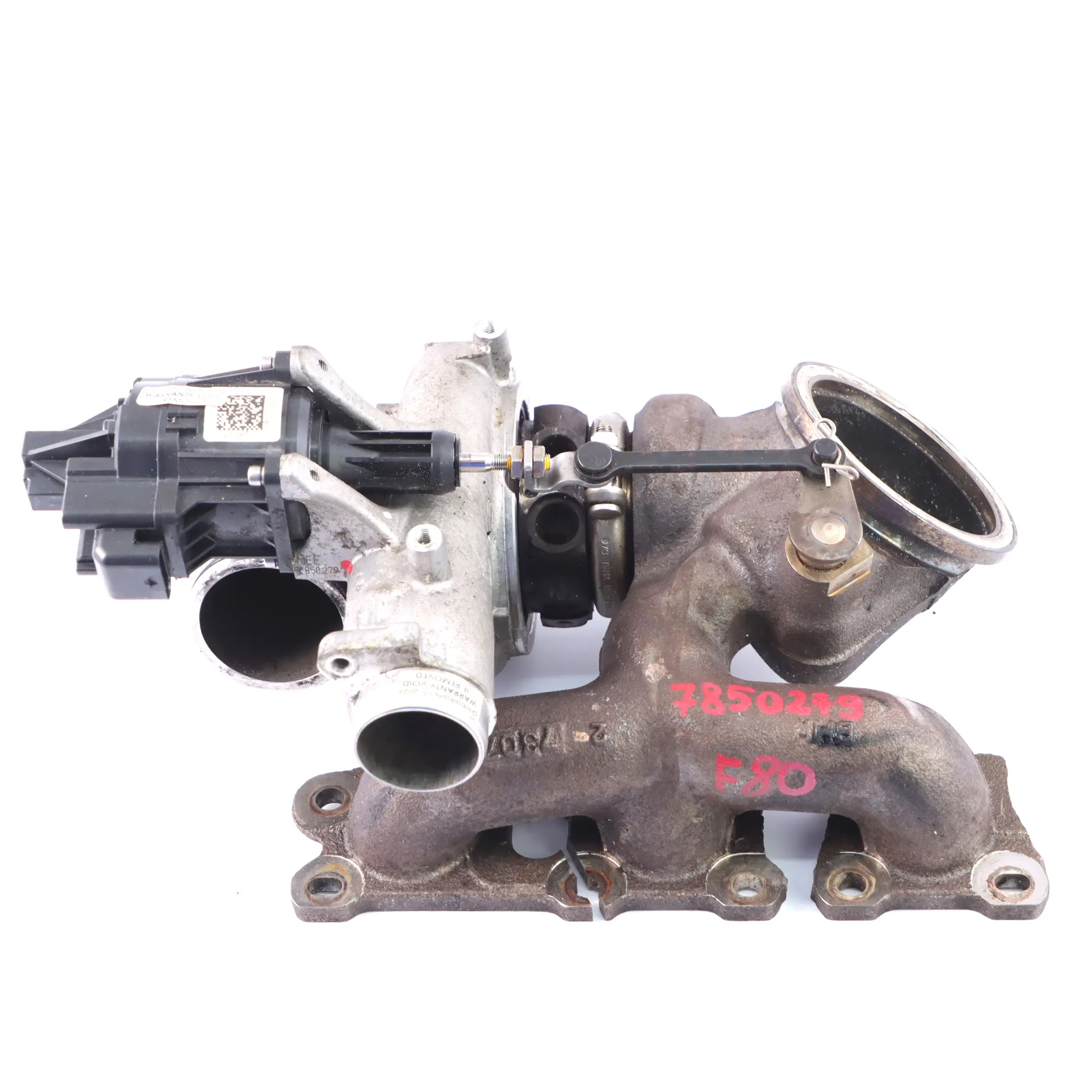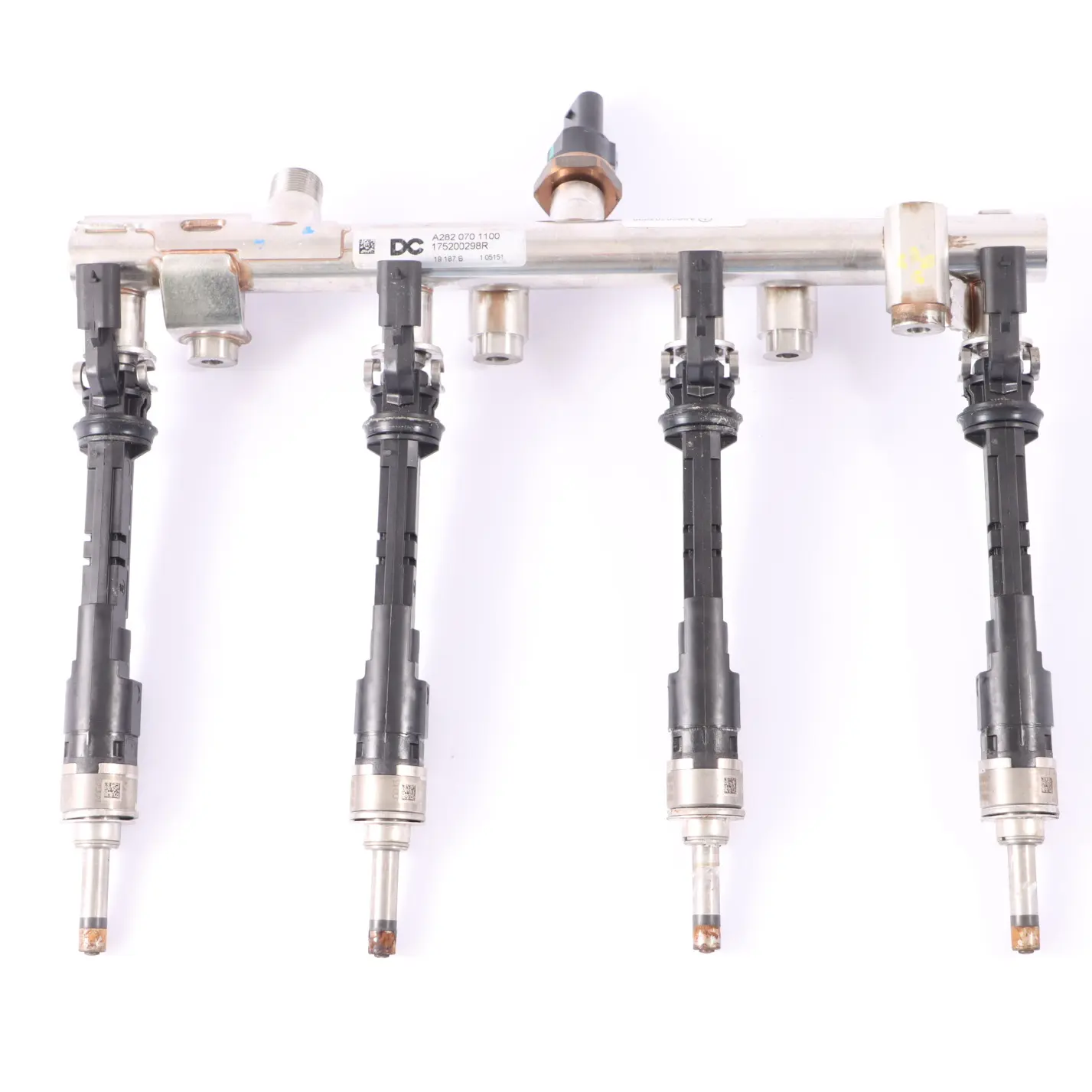Eco-tuning and the car engine
Eco-tuning (also known as chip tuning, eco-tuning, or eco-tuning) is a specific engine optimization strategy aimed not only at achieving maximum power but also, and above all, at reducing fuel consumption and CO₂ emissions, and therefore, reducing the carbon footprint. Unlike traditional tuning, which focuses on increasing horsepower, eco-tuning focuses on efficiency—improving torque and dynamics while achieving fuel consumption below factory standards, which is beneficial to the environment and your wallet. Classic tuning often increases boost pressure, fuel delivery, and injection angle at the expense of emissions. Eco-tuning, on the other hand, utilizes the same tools—chips, fuel maps, injection timing—but with the opposite focus: fuel economy and clean combustion.
What modifications does eco-tuning include?
Modification of the controller software – chip tuning / eco-tuning
Changing parameters: boost pressure, fuel delivery, and injection angle. This improves throttle response and torque at low and mid-range revs, while reducing fuel consumption by up to 10–15%.
Combustion optimization
- Boost pressure: adjusted to the actual engine demand.
- Fuel dose: precisely selected to avoid excess unused ingredients.
- Injection angle: optimized for clean combustion and emission balance.
Thanks to these changes, torque appears faster, fuel consumption is reduced, which automatically reduces CO₂ and NOₓ emissions, and gentler loads extend the operation and life of the engine.
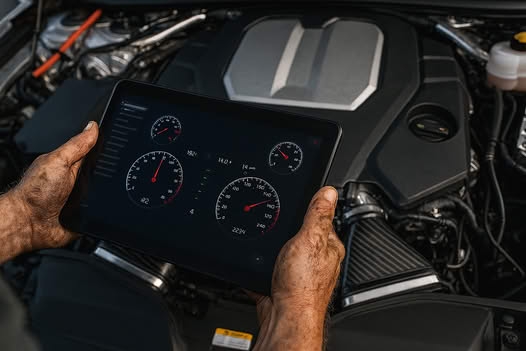
The role of recycled parts in eco-tuning
Recycled car parts, such as used car parts or original parts, have enormous potential for achieving environmental goals. During the remanufacturing or reuse process, the following are recovered:
- Bumpers, rims – lightweight and aluminum, which reduces weight and supports eco-circulation,
- Engine and gearbox components – manifolds, housings, alternators – subject to regeneration and testing,
- Plastics, glass, aluminum – which, after selection and processing, are put back into circulation, in accordance with the principles of the circular economy.
Environmental benefits:
- Significant reduction of CO₂ emissions by limiting the production of new parts (e.g. aluminium: recycling uses only 5% of the energy compared to primary production.
- Real savings – 20 to 80% lower prices.
- Support for sustainable economic models, e.g. in accordance with the EU ELV Directive.
Practical applications – car brands offered by Global Parts
At the Global Parts automotive store (auto parts), fans of brands such as BMW, Mercedes, VW, Audi, Mini will find plenty of practical applications:
BMW E90 Eco-tuning
The BMW E90 is a classic among tuning topics – efficiency is improved through chip tuning, i.e., optimization of the control unit software, and the use of recycled aluminum rims, which, thanks to their lighter construction, reduce rolling resistance. It's not just about sporty looks – it's also about eco-tuning the BMW E90 engine, bringing real benefits: improved performance, lower fuel consumption, and a reduced carbon footprint, as noticed by both enthusiasts and specialized tuning shops. In turbocharged engines, such as the BMW E90 335d and E90 BMW 335i, eco-tuning can achieve excellent performance while maintaining clean combustion.
Audi A3 8V electronic module
In cars such as the Audi A3 8V, where purchasing used original electronic modules for the rear suspension or control affects efficiency and reduces the need to replace them with new ones – which reduces CO₂ emissions.
Mercedes W204 tuning
Eco-tuning Mercedes W204 tuning – improving engine flexibility and power while reducing fuel consumption. Original, used turbochargers minimize the carbon footprint.
Why is it worth using ecotuning?
- Eco-tuning, or chip tuning/eco-tuning, is a conscious action: achieving better performance while caring for the environment.
- Recycled parts are a real benefit for the climate and your wallet – cheaper and more ecological.
- Thanks to the offer of Global Parts – an automotive store and supplier of used car parts, you can combine economy with OEM quality.
- Real effects: fuel consumption reduction by up to ~15%, increased torque and dynamics, reduced CO₂ footprint – recycling of aluminum, electronics, mechanical parts. For fans of excellent cars: eco-tuning BMW E46 E90 F30, VW Golf TDI, Mercedes EQA, Mercedes C220, A3 Automatic Audi and many more – this is the future of tuning, where ecology combines with the emotion of driving and responsibility for the planet.
Eco-tuning and the "car engine" - which units respond best and how to combine software with recycled parts
The B58, N55, and N47 (BMW) engines and the 35 TFSI (VAG 1.5 TSI) respond well to ecomaps: while maintaining factory EGT and boost limits, mid-range torque gains typically translate to an 8–15% fuel economy gain. In practice, combining tuning with used OEM components increases efficiency: a clean-geometry M52/M54 intake manifold improves filling, while a tight M54 exhaust manifold / BMW E60 exhaust manifold helps keep EGT low. In city cars , the BXE (1.9 TDI) and BKC/BKD engines After regenerating the injectors and updating the software, they actually reduce fuel consumption without losing flexibility.
Used OEM alternators – real energy and money savings (LSI: compatibility/installation)
The power consumption of accessories also matters in eco-tuning. A used alternator —e.g., an Audi A3 8P alternator / Audi A4 B6 alternator / Audi A6 C6 alternator, BMW E60 alternator, or Ford Transit alternator —matched by VIN/PN and regulator type (LIN/analog) reduces idle losses and undercharging problems (which stabilizes the operation of the ECU and coils/injectors). Replacing a plug-in alternator with the appropriate amperage (e.g., 120-180 A) can be more eco-friendly than purchasing a new replacement: a smaller carbon footprint and predictable installation.
Aerodynamics and weight – affordable mods for lower fuel consumption
BMW E60 M Package bumper / BMW E46 M Package bumper / BMW E90 bumper / BMW E90 rear bumper / Audi A3 8P rear bumper from disassembly, matched by PN and year, restore OEM aerodynamics (less turbulence = lower fuel consumption at 100-140 km/h). BMW E36 rim and Audi A6 C6 rim In lightweight, recycled versions, they reduce unsprung mass, improving "eco-roll." In naturally aspirated cars , the M52 intake manifold / M54 intake manifold / N47 intake manifold with clean channels stabilizes AFR and reduces LTFT corrections – also a real cost savings. in operation.
Table – quick “eco-sets” from the aftermarket (phrase → what to check → effect/parameters)
FAQ – eco-tuning and “used OEM” parts (user questions)
| Phrase | What to check (compatibility/OEM) | Effect (indicative) |
|---|---|---|
| B58 / N55 engine – eco-map + M54/M52 intake manifold | Manifold PN, intake tightness | faster torque, −5–10% fuel consumption at constant speed |
| N47 engine – eco-map + BMW N47 intake manifold + used alternator (LIN) | Collector and regulator PN | stable voltage, −0.2–0.4 l/100 km on the road |
| 35 TFSI – eco-map + light rim + OEM grill/bumper | ET/CB rims, PN bumper/grill | lower air/rolling resistance, −3–6% fuel consumption |
| BXE/BKC/BKD – injector regeneration + soft eco | injection codes/DPF | cleaner burning, −0.3–0.6 l/100 km |
| alternator Audi A3 8P / BMW E60 / Transit (120–180 A) | LIN/analog, plug, 6PK wheel | no charging errors, longer battery life |
| Question | Answer | |
| --- | --- | |
| 1) 35 TFSI – what engine is this and is it suitable for eco-tuning? | It's a 1.5 TSI/TFSI ~150 HP with ACT; a slight eco-remap and lightweight rims usually give -5–8% fuel consumption. | |
| 2) E90 – which engine is the least reliable for eco-driving? | N52 (NA petrol); for N47 diesel after timing belt service and correct oil specification. | |
| 3) Won't a "used OEM" alternator hurt the economy? | No, if matched according to VIN/PN and regulator (LIN/analog); it limits no-load losses and ensures stable charging. | |
| 4) Does the M54/M52 collector make sense in eco-design? | Yes – a clean, tight intake duct stabilizes AFR and reduces fuel consumption; selection based on PN/OEM. | |
| 5) Can recycled rims increase fuel consumption? | If they are heavier and with incorrect ET - yes; light OEMs usually improve "eco-roll". | |
| 6) Does the Audi A3 8P / BMW E60 alternator always fit plug-in? | Only after verification of VIN/PN and regulator type; otherwise charging errors are possible. | |
| 7) Where can I confirm part fit? | At Global Parts – selection by VIN/OEM/PN, installation support; work on SRS/charging/ECU is performed by the service. |
